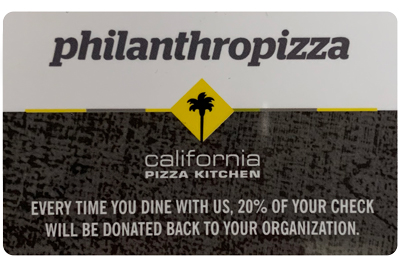Pancreatic cancer is one of the most difficult cancers to treat in part because of the poorly understood and complex mechanisms of disease progression. Pancreatic cancer is characterized by the infiltration of multiple inflammatory cell types that surround the tumor, known as the tumor microenvironment. This microenvironment is harsh and nutrient-poor yet cancer cells continue to adapt and grow. Research by 2017 Seed Grant Awardee Mara Sherman, PhD seeks to better understand how the interaction of the tumor microenvironment and cancer cells fuels tumor growth in order to find better treatment options.
New research published in Cancer Discovery by Dr. Sherman, of Oregon Health & Science University, found that a specific cell type within the pancreatic tumor microenvironment known as stellate cells have evolved mechanisms to “feed” energy to cancer cells. These stellate cells simultaneously regulate the expression of cancer-supportive genes by tumor cells and secrete factors that promote the survival and growth of cancer cells.
Dr. Sherman’s research demonstrated that inhibition of this energy-providing mechanism drastically suppressed pancreatic tumor growth. This suggests that there are potential avenues for treatment through targeting the metabolic pathways of the stellate cells.
While further investigation is needed, this study is an important stepping stone in understanding the pancreatic cancer microenvironment. Dr. Sherman’s research suggests that despite the statistics, pancreatic cancer may have a novel metabolic vulnerability, which may be targetable for therapeutic benefit.
Read Dr. Sherman’s full paper at Cancer Discovery.
Dr. Sherman and Jurre Kamphorst, PhD, a co-author on this study, were interviewed as part of the National Cancer Institute’s RAS Initiative. From their website:
More than 30 percent of all human cancers – including 95 percent of pancreatic cancers and 45 percent of colorectal cancers — are driven by mutations of the RAS family of genes. NCI established the RAS initiative in 2013 to explore innovative approaches for attacking the proteins encoded by mutant forms of RAS genes and to ultimately create effective, new therapies for RAS-related cancers.
You can read the interview with Drs. Sherman & Kamphorst on the NCI’s website.
